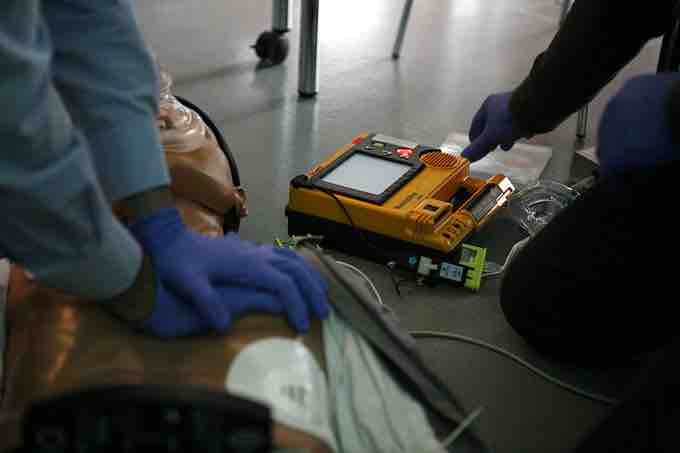Long Term Development
In addition to the basic training required for a trade, occupation, or profession, observers of the labor-market recognize the need to continue training beyond initial qualifications: to maintain, upgrade, and update skills throughout working life. This is known as professional development.
Professional development refers to skills and knowledge attained for both personal development and career advancement. Professional development encompasses all types of facilitated learning opportunities, ranging from college degrees to formal coursework, conferences, and informal learning opportunities situated in practice. It has been described as intensive and collaborative, ideally incorporating an evaluative stage. There are a variety of approaches to professional development, including consultation, coaching, communities of practice, lesson study, mentoring, reflective supervision and technical assistance.
Who Participates and Why?
A wide variety of people, such as teachers, military officers and non-commissioned officers, health care professionals, lawyers, accountants and engineers engage in professional development. Individuals may participate in professional development because of an interest in lifelong learning, a sense of moral obligation, to maintain and improve professional competence, enhance career progression, keep abreast of new technology and practice, or to comply with professional regulatory organizations.
Many American states have professional development requirements for school teachers. For example, Arkansas teachers must complete 60 hours of documented professional development activities annually. American and Canadian nurses, as well as those in the United Kingdom, are required to participate in formal and informal professional development to maintain professional registration. Other groups such as engineering and geoscience regulatory bodies also have mandatory professional development requirements.
Approaches
In a broad sense, professional development may include formal types of vocational education, typically post-secondary or poly-technical training leading to a qualification or credential required to obtain or retain employment . Professional development may also come in the form of pre-service or in-service professional development programs. These programs may be formal, or informal, group, or individualized. Individuals may pursue professional development independently, or programs may be offered by human resource departments. Professional development on the job may develop or enhance process skills, sometimes referred to as leadership skills, as well as task skills. Some examples for process skills are 'effectiveness skills,' 'team functioning skills,' and 'systems thinking skills. '

CPR Training
This first-aid course is a form of professional development. While not directly relevant to, say, teachers, it nonetheless provides an important skill that may be used in case of an emergency, and thus would indirectly benefit a teacher who learns these skills.
Some examples of approaches to professional development include:
Case Study Method - the case study method is a teaching approach that consists of presenting the students with a case, putting them in the role of a decision maker facing the problem.
Consultation - to assist an individual or group of individuals to clarify and address immediate concerns by following a systematic problem-solving process.
Coaching - to enhance a person's competencies in a specific skill area by providing a process of observation, reflection, and action.
Lesson Study - to solve practical dilemmas related to intervention or instruction through participation with other professionals in systematically examining practice.
Mentoring - to promote an individual's awareness and refinement of his or her own professional development by providing and recommending structured opportunities for reflection and observation.
Other methods include communities of practice, reflective supervision, and technical assistance.
Online Professional Development
The 21st century has seen a significant growth in online professional development. Content providers incorporate collaborative platforms such as discussion boards and wikis, thereby encouraging and facilitating interaction, and optimizing training effectiveness.
Whereas many other industries have used online sources of continuing education and professional practices for many years, traditionally, educators have turned solely to internal professional development departments, local education agencies (LEAs), and local colleges and universities to acquire the necessary education to meet the required hours/units for renewal of their state teaching licenses.
However, the economic pressures facing school districts, combined with a greater conviction that online professional development can be effective, has led to increased interest in this option. Rather than replacing traditional sources of professional development, online sources and providers have served to augment existing options and can bring a widening access to topics and a broader scope to "learning communities. " As teacher performance comes under increased scrutiny, a study conducted by Boston College found that English and math teachers who took professional development courses online improved their instructional practices and boosted their subject knowledge scores, producing modest performance gains for their students. This type of research-based and outcomes-focused study has lent credibility to the idea that online professional development can and will serve an important role in supporting the educational goals of the United States Department of Education.